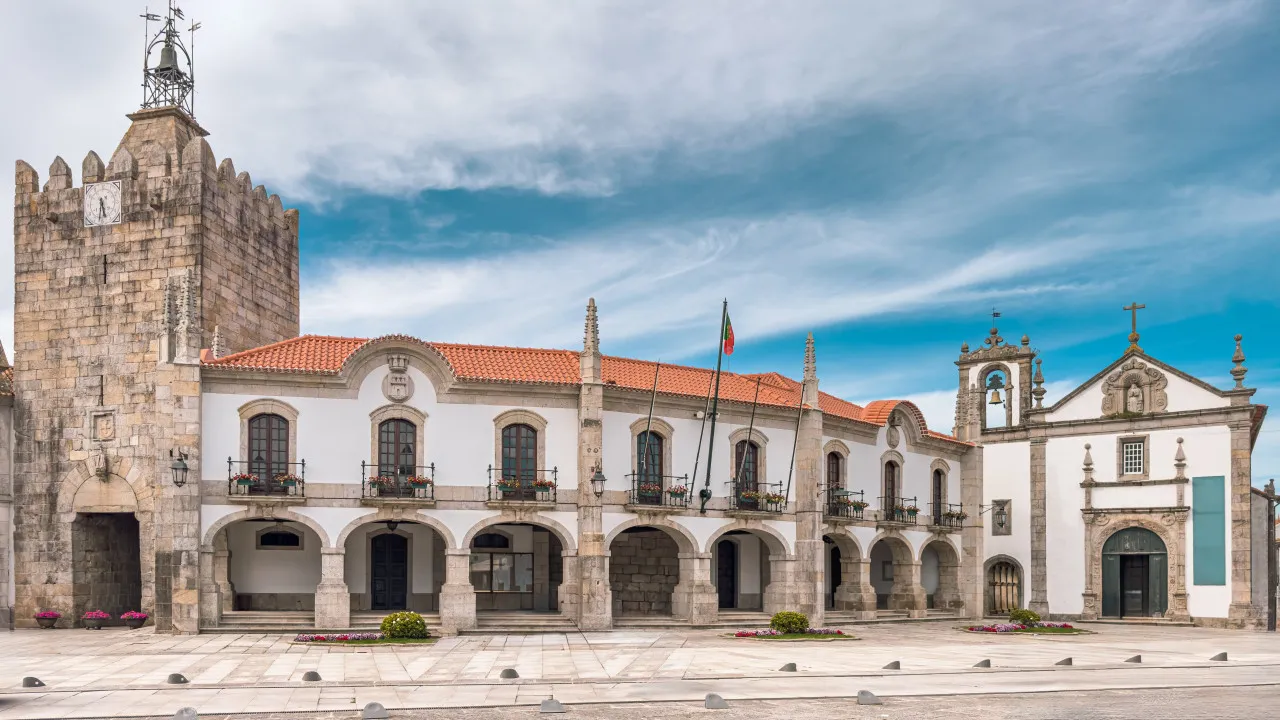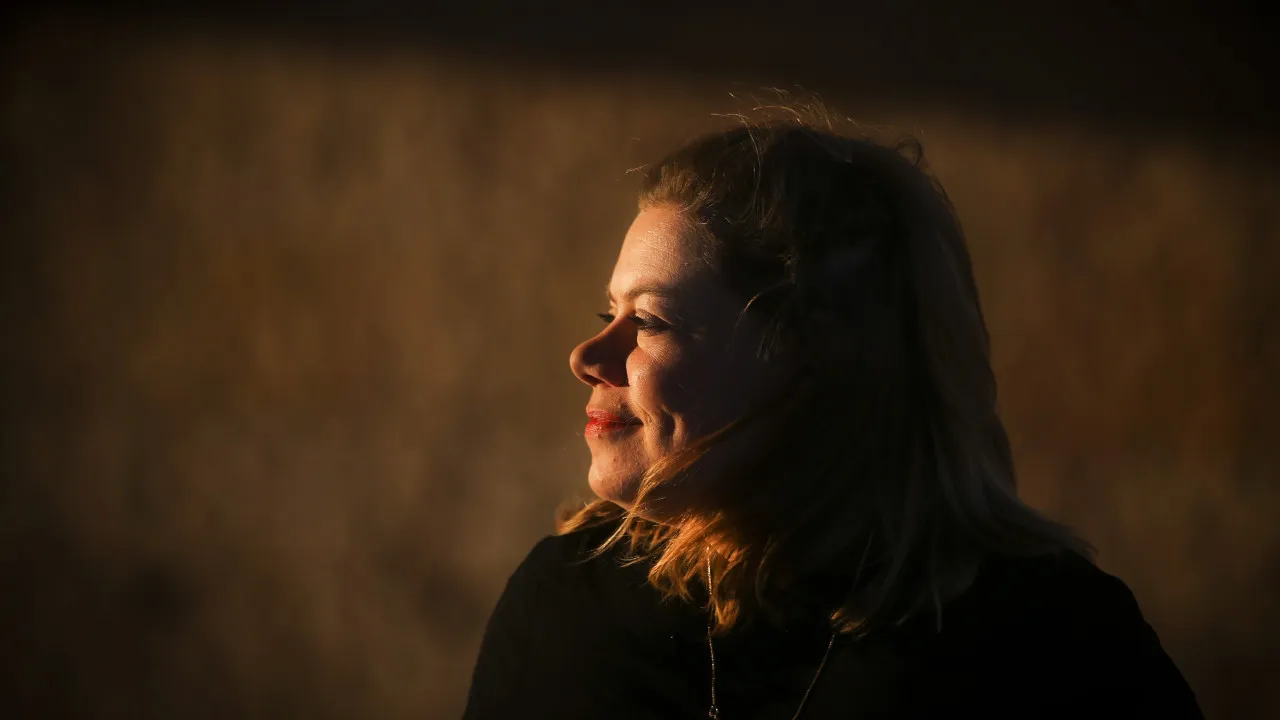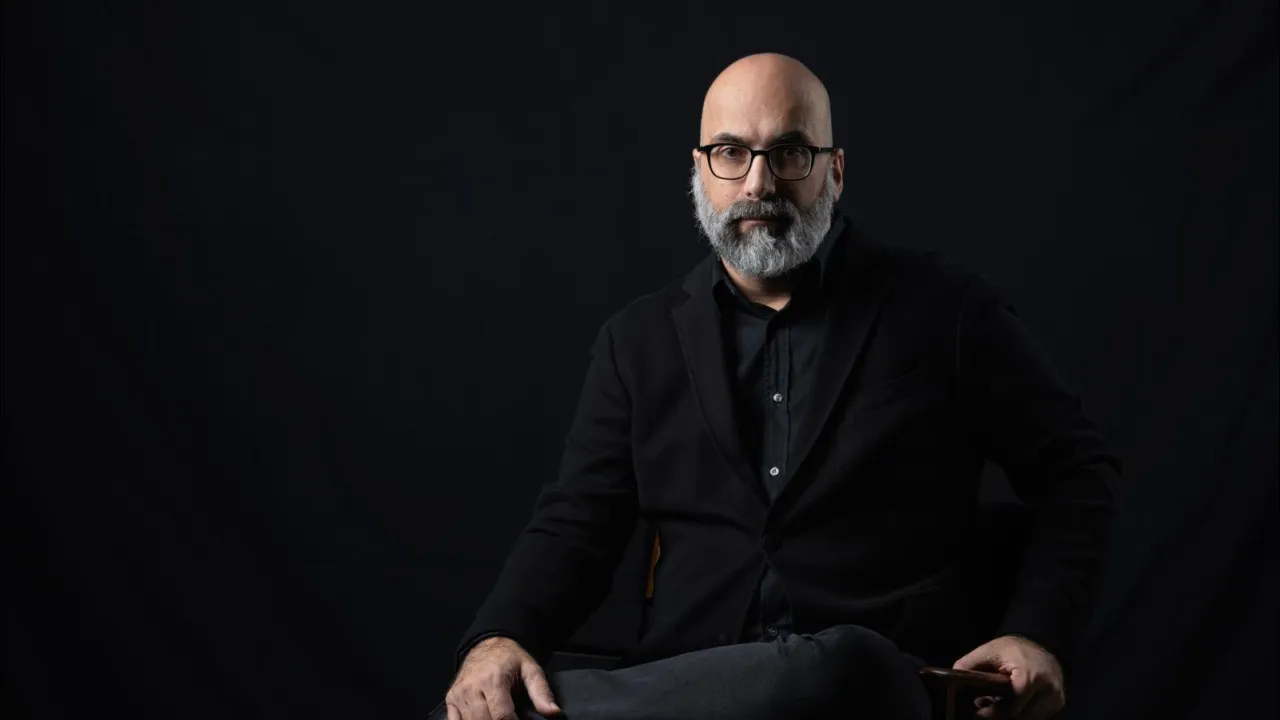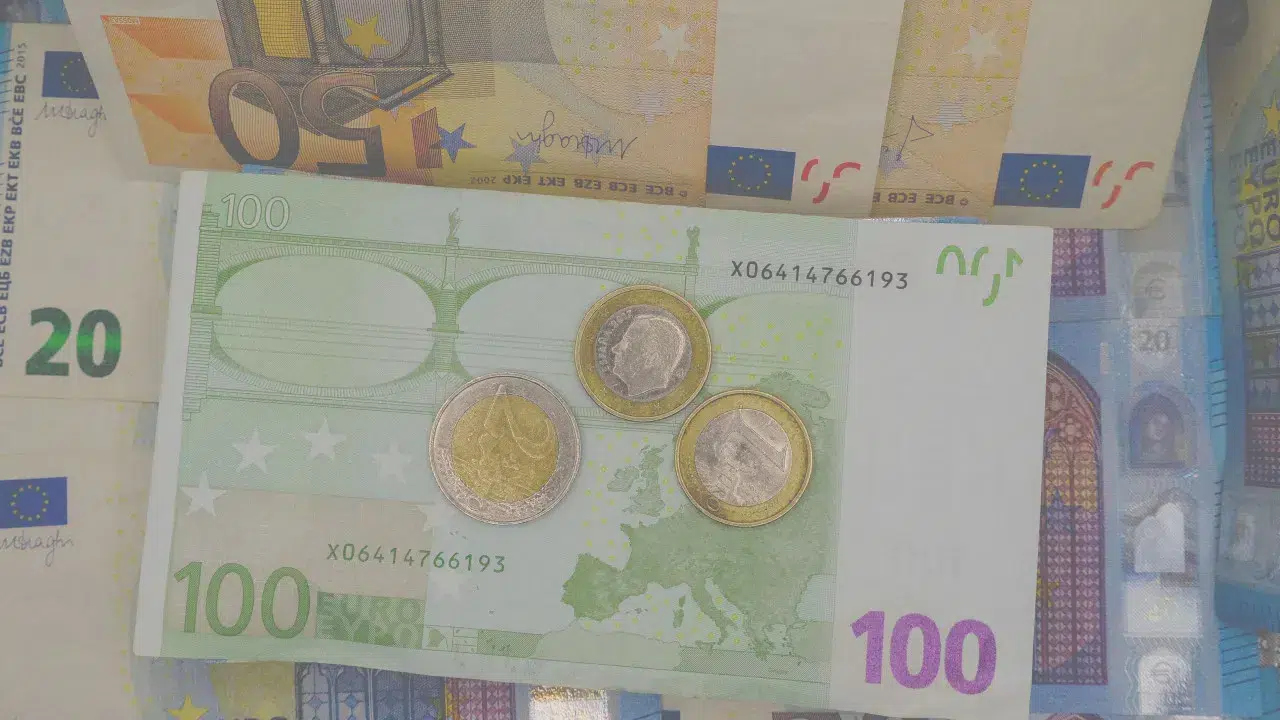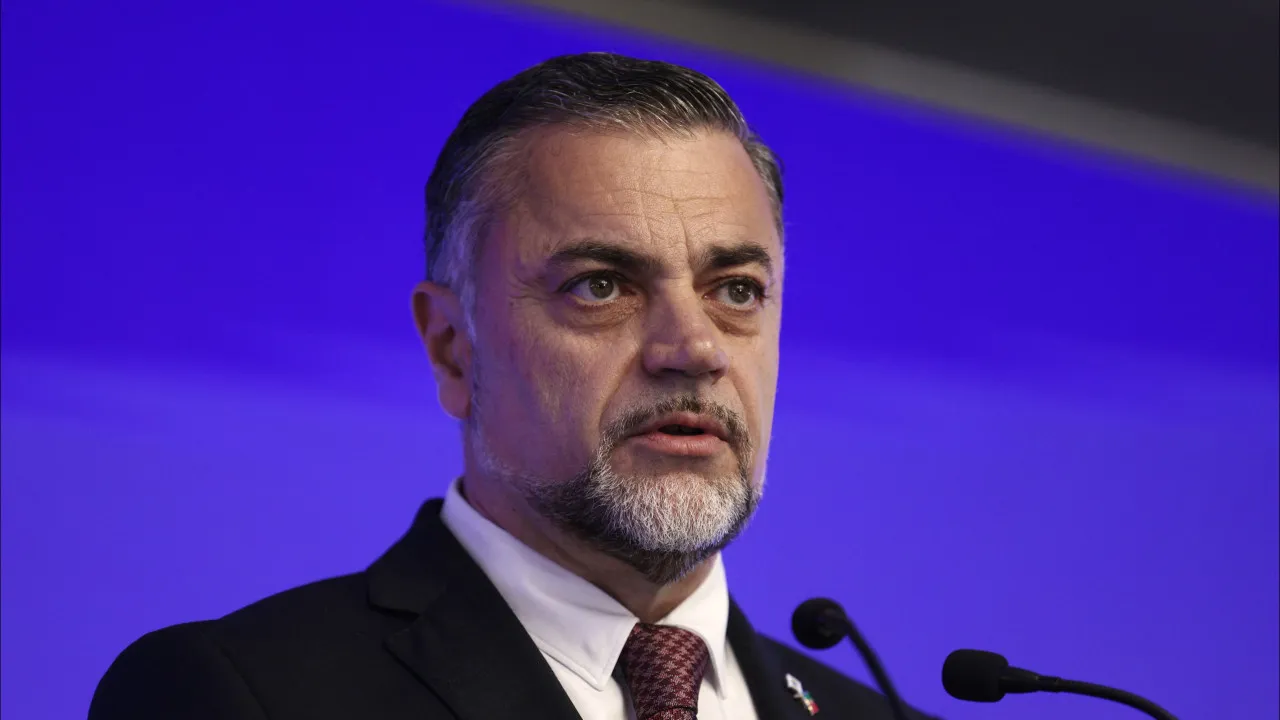A book that tells the story of the Teatro Experimental de Cascais (TEC), one of the oldest companies in Portugal, addressing its educational aspect and its pioneering role in preserving memory, is being presented today in Estoril.
“Fazer Sonhar – Teatro Experimental de Cascais 1965-2023”, the title of the book by José Pedro Sousa, tells the story of TEC, “a unique case in the Portuguese theatrical fabric, not only because of its longevity but also because it has always integrated a strong educational service component, which had its maximum exponent in the foundation of the Professional School of Theater of Cascais (EPTC), and also because it was a pioneer in preserving its memory, of which Espaço TEC is an example,” the author told Lusa in a written interview.
The book is divided into four chapters, the first of which – “Antes de começar”, a title taken from Almada Negreiros, an important figure in TEC’s history – focuses on the background, the journey of the founders before they met and created the “Gente Nova” project on vacation.
The second chapter, “Revolution in dictatorship”, follows the theater’s activity in times of censorship and during PREC, while the third, which goes from 1976 to 1992, talks about TEC’s tours to Brazil and the United States, the change of venue from the Gil Vicente Theater in Cascais to the Mirita Casimiro Municipal Theater in Monte Estoril.
“It’s a period of consolidation for TEC’s repertoire, with shows that have marked the company and the public, such as Jean Genet’s ‘The Balcony’, Bertolt Brecht’s ‘Galileo Galilei’ or William Shakespeare’s ‘King Lear’,” says the author.
The fourth chapter begins with the founding of the EPTC and describes a process of renovating the theater, on the one hand, and recovering its history with the creation of the Espaço Memória.
“It’s a ‘TEC 2.0’, which brings new talent to Portuguese theater without ever forgetting the impressive theatrical heritage it has built up over the decades,” he added.
According to José Pedro Sousa, through TEC’s history you can learn about an important part of Portuguese cultural life from the mid-1960s to the present day. “The company brought new ways of doing theater to Portugal, a unique repertoire, with several premieres of texts and authors, both national and foreign. Throughout its almost six decades of existence, TEC has seen the debut of many actors and actresses, both before and after the creation of EPTC, who go on to make careers on stage and in the national and international audiovisual industry,” he recalled.
But TEC also took Portuguese culture across borders, to Europe, the Americas, Africa and even Asia, while bringing to the country “leading figures in Western theater, such as Victor García and Ruth Escobar, among others, and unique personalities such as Miep Gies, who helped Anne Frank’s family hide from the Nazis”.
“It’s a fascinating story that needed to be told,” he said.
When asked which aspects or periods he highlights most in TEC’s activity, the author pointed out, in connection with the celebration of the 50th anniversary of April 25, 1974, the beginning of the theater’s activity, still during the dictatorship, and the moment immediately following, PREC.
In José Pedro Sousa’s opinion, the history of the TEC “also serves to tell the story of Theatre Censorship(s)”, because, more than licensing or not licensing texts and shows, we can understand how censorship operated and its dissuasive or repressive strategies, “far beyond what was recorded in reports and other official documentation”.
With April 25, and during PREC, there was a time when the company, which had always fought for freedom, was sidelined or even accused of collaborationism.
“First of all, there was the episode of TEC’s ‘eviction’ from the Gil Vicente Theater in Cascais, which happened while the company was on tour in Mozambique. There’s a manifesto that I found in the TEC documentary archive in which Carlos Avilez declares that he didn’t occupy the Gil Vicente theater because of the Cascais Volunteer Fire Brigade, and which ends with the following sentence: ‘However, the Teatro Experimental de Cascais company continues to believe that theaters should be handed over to theater workers’,” he recalls.
The idea of doing this book goes back a long way, says José Pedro Sousa, recalling an interview Maria Virgínia Aguiar had with Carlos Avilez on January 5, 1989, in which the book was scheduled to be launched the following year, when the company would celebrate twenty-five years of activity.
Before José Pedro Sousa, other people started the process, such as journalist José Mendes and actor João Vasco himself, from the company’s management, responsible for the Memory Space, who collected and preserved some of the material that has now served as a documentary source for this book.
“When I started thinking about this project in 2015, I didn’t know about this legacy. I only realized that there was no book about TEC on the Portuguese publishing scene, and that there was an urgent need to record the memory of this company in print,” she says.
The step towards starting this work was taken in 2016, when he presented the idea to Carlos Avilez and João Vasco. The first draft of the project was conceived the following year, research began in 2018 and the writing of the book started in 2020 and finished in December last year.
“The basis of my research work, thanks to my PhD in Theater Studies at the Faculty of Letters of the University of Lisbon (FLUL), is archival research, and that’s where I started, after first reading the reference works and scientific articles on the work of the TEC,” he said.
Among the various archives and libraries he consulted for his research were the National Archive of Torre do Tombo, the National Library of Portugal, the Library and Archive of the National Museum of Theater and Dance, the TEC Archive, the Osório Mateus Archive, the FLUL Library and João Vasco’s personal archive.
Digital resources and newspapers, particularly theater critics, were also essential sources.
“And, for the first time, I was able to talk to the protagonists of the story, whom I knew well and with whom I always maintained a dialog throughout the writing of the book,” he said.
The book “Fazer Sonhar – Teatro Experimental de Cascais 1965-2023” will initially only be available for purchase at the TEC, but within a few weeks it should also be sold in specialty stores, a source from the theater told Lusa.


